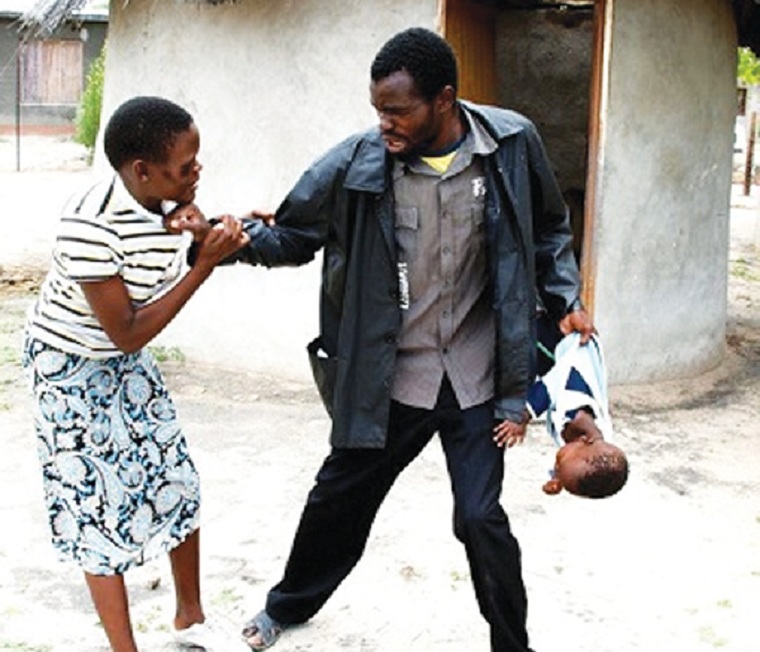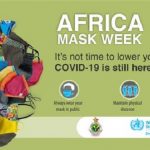Furthermore, the Zimbabwe Gender Commission meant to ensure equal treatment for men and women and also mandated with the task of investigating violation of rights relating to gender, has not been spared from challenges related to budgetary and other resources constraints. The Commission has been experiencing challenges related to inadequate personnel as well as insufficient and belatedly disbursed budget allocations. If GBV is ever to be fully curbed, these two key institutions, the Zimbabwe Gender Commission and the Anti-Domestic Violence Council, whose mandates complement each other, should be fully funded beginning 2021 fiscal year.
Poverty is a risk factor associated with gender-based violence. It also often intersects with and reinforces gender inequality. Economic empowerment intervention is a powerful tool in reducing gender-based violence. Various micro-finance vehicles and other economic empowerment approaches have been implemented by the Ministry of Women Affairs, Community and SMEs Development to uplift women from poverty and reduce their dependence on men. I would like to implore the august House to push for adequate funding of the following facilities in the Ministry, namely: the SMEs Support Fund; Women’s Development Fund the Small and Medium Enterprises Development Corporation (SMEDCO); and the Women’s Micro Finance Bank.
As Parliament, part of our duty is to ensure that all relevant regional and international gender treaties and conventions have been ratified, domesticated and implemented. The august House may be aware that the Committee on the Elimination of Discrimination against Women in its Concluding Observations on the Sixth Periodic Report of Zimbabwe, in March 2020, expressed the following concerns and recommendations which we call upon the government to address in line with the theme 2020 theme; “Orange the world: Fund, Respond, Prevent ; Collect”
Article 27 (a) the persistence of high levels of gender-based violence against women and girls committed in all areas of the State party in both the public and private spheres;
Article 27 (b) the underreporting of cases of gender-based violence against women, in particular domestic violence, owing to a culture of silence and impunity, despite a recent increase in the number of cases reported to the police;
Article 27 (d) the absence of data, disaggregated by age and relationship between the victim and the perpetrator, on the number of investigations and prosecutions in cases of gender-based violence against women and on the sentences imposed on perpetrators.
Article 28 (a) recommends allocation adequate human, technical and financial resources and establish monitoring and assessment mechanisms for the implementation of the national programme on gender-based violence prevention and response,
Article 28 (d) recommends systematic collection of data, disaggregated by age, type of violence and relationship between the victim and the perpetrator, on the number of complaints, investigations, prosecutions and convictions and on the sentences
imposed on perpetrators of gender-based violence against women, as well as on the redress provided to victims, including financial compensation.
Article 29 (c) expresses concern on the lack of State shelters for women and girls who are victims of violence including victims of trafficking.
By ensuring compliance with all or some of the main recommendations contained in the CEDAW Committee Report of 2020, a lot will be achieved in reducing GBV in the country. I would like to end by inviting all Hon. Members to a dialogue scheduled for 25th November 2020 which also marks the beginning of the 16 Days of Activism at Rainbow Towers, where you are going to be able to interact with the following organisations and also get more information concerning GBV. These are the organisations:- Ministry of Women Affairs, Zimbabwe Republic Police, Padare (Inkundla), Musasa Projects, Zimbabwe Women Lawyers Association and people with disabilities. I rest my case.
(303 VIEWS)


